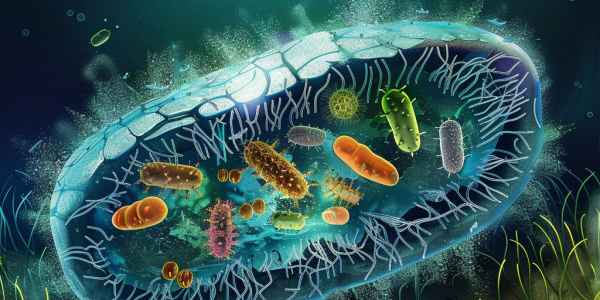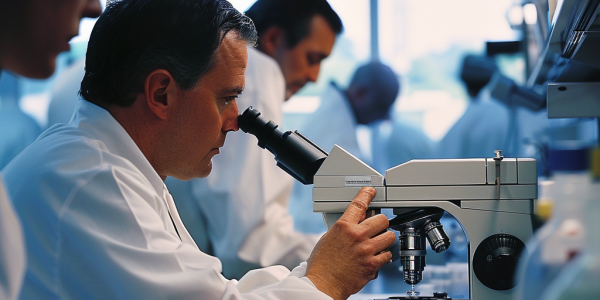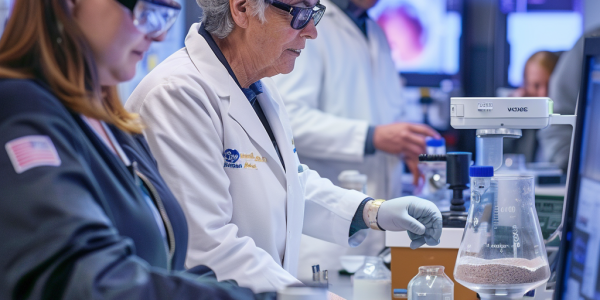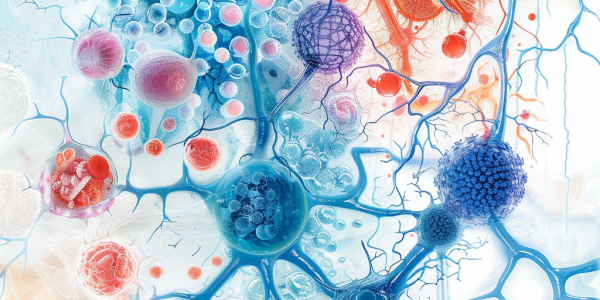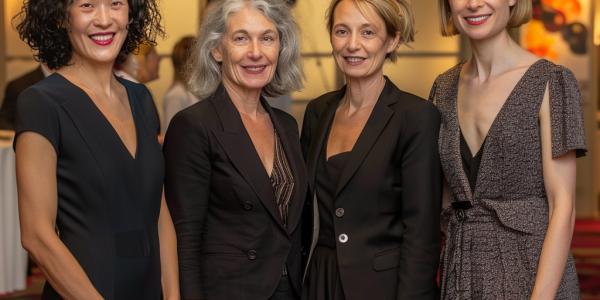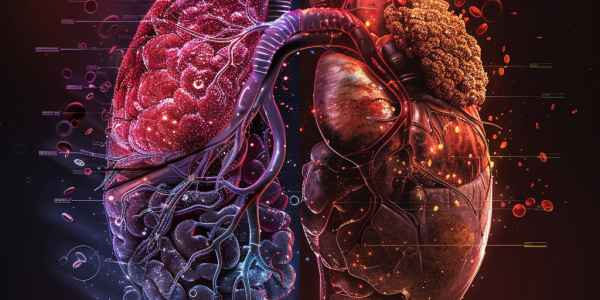CZI’s AI Initiatives Transform Biomedical Research and Education in 2024
In 2024, the Chan Zuckerberg Initiative (CZI) has made significant strides in integrating artificial intelligence (AI) into biomedical research and education. By building advanced computing systems and AI-powered virtual cell models, CZI is accelerating scientific discovery and enhancing educational tools for teachers. This collaborative approach is set to unlock groundbreaking insights into cellular behavior and revolutionize the understanding of health and disease.
Breakthrough in Quantum Physics: Researchers Control Hybrid Electron-Photon States in Helium
An international team led by Dr. Lukas Bruder has achieved a groundbreaking milestone in quantum physics by successfully controlling hybrid electron-photon quantum states in helium atoms using the FERMI free electron laser. This innovative research, published in Nature, utilizes advanced laser pulse-shaping techniques to manipulate quantum states, paving the way for advancements in quantum computing and technology. Discover how this study could revolutionize the field of quantum mechanics and its applications.
Breakthrough Study Reveals Widespread Metabolic Diversity of Endosymbionts
A groundbreaking study by the Max Planck Institute reveals the metabolic diversity of endosymbionts, particularly a newly discovered bacterium, ‘Candidatus Azoamicus ciliaticola,’ which uses nitrate respiration. This research uncovers the widespread presence of these organisms across various environments, including freshwater lakes, groundwater, and wastewater, highlighting their ecological significance and adaptability. The findings emphasize the importance of microbial diversity in ecosystem health and open new avenues for understanding microbial interactions and their roles in biogeochemical cycles.
Groundbreaking Stem Cell Research Offers New Insights into Aging and Longevity
Recent advancements in stem cell research have provided new insights into aging and age-related diseases. Researchers at Boston University have extracted and reprogrammed stem cells from ‘superagers’—centenarians known for their remarkable resilience against diseases like Alzheimer’s. This groundbreaking work aims to uncover the biological mechanisms behind longevity, potentially leading to interventions that enhance the quality of life as we age. With an open-access approach, the study’s findings promise to benefit the global scientific community and offer hope for healthier aging in future generations.
University of Minnesota Advances Lunar Exploration with Innovative Biorepository Project
The University of Minnesota is advancing lunar exploration with its innovative biorepository project, designed to preserve biological samples from the Moon. This initiative aims to enhance our understanding of the Moon’s environment and its potential for supporting life, paving the way for future missions and human colonization. By collaborating with various space organizations and emphasizing interdisciplinary research, the university is positioning itself as a leader in space science, ensuring that its findings will inspire the next generation of scientists and space enthusiasts.
Researchers Unveil Comprehensive Human Cell Map in Medical Breakthrough
Researchers have unveiled a groundbreaking map of human body cells as part of the Human Cell Atlas project, aiming to enhance understanding of health conditions and diseases, particularly cancer. This high-resolution, open-access atlas will serve as a vital resource for future medical research, potentially leading to significant breakthroughs in treatments and health outcomes.
Five Female Researchers Awarded L’Oréal-Unesco For Women in Science Fellowships 2024
Five early-career researchers from Australia and New Zealand have been awarded the 2024 L’Oréal-Unesco For Women in Science fellowships, highlighting the importance of gender diversity in STEM. This recognition underscores the critical contributions of women in science, as they tackle pressing global challenges such as antimicrobial resistance and climate change. With ongoing initiatives aimed at promoting gender equality, the future of women in science looks promising.
Groundbreaking Study Maps Aging Mechanisms Across Organs
A groundbreaking study published in *Cell* reveals critical insights into aging mechanisms through spatial transcriptomic mapping of nine organs in male mice. Researchers from the Chinese Academy of Sciences identified universal aging indicators, highlighting the role of senescence-sensitive spots in tissue deterioration. This pioneering research could pave the way for innovative strategies to delay aging and combat age-related diseases.
Research Reveals Limits of Human Lifespan and Need for Healthspan Focus
Recent research in Nature Aging reveals that while average life expectancy has increased, the maximum lifespan remains stagnant, highlighting a need to shift focus from lifespan extension to improving health span. The study, led by Harvard’s William Mair, emphasizes addressing age-related diseases and investing in innovative research to enhance both longevity and quality of life.
Unveiling Zealandia: The Hidden Submerged Continent of the Southwest Pacific
Discover Zealandia, the submerged continent of the southwest Pacific, recently mapped by geologists revealing its rich geological history and significance. Spanning over 5 million square kilometers, Zealandia challenges our understanding of continental formation and offers insights into ancient landscapes and Earth’s evolution. Learn more about this hidden landmass and its geological mysteries.



